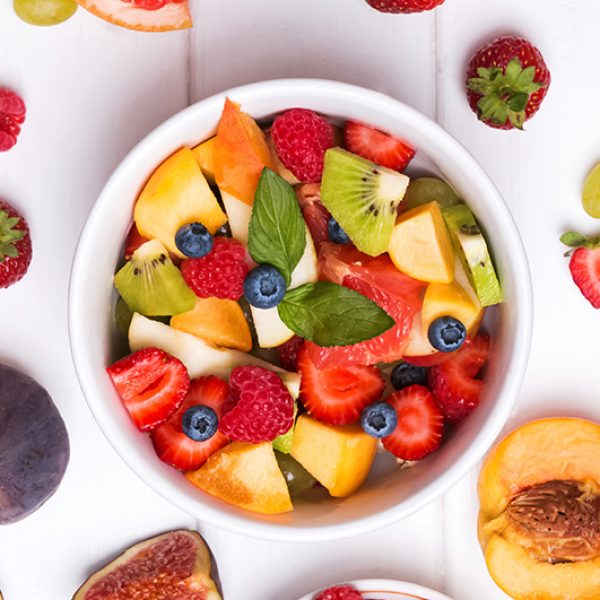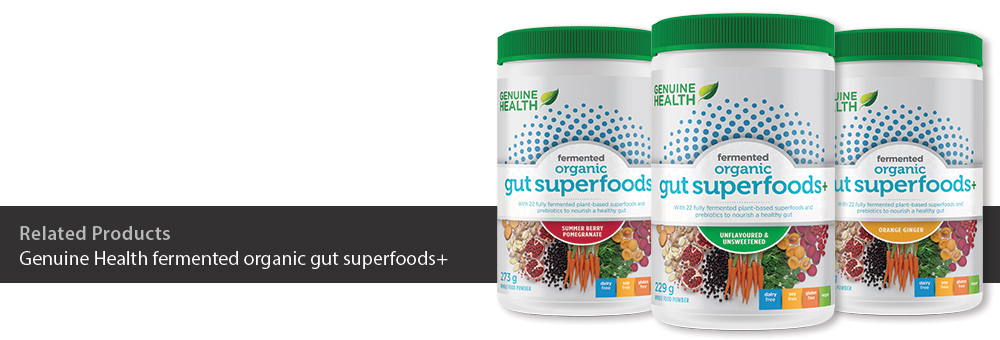

Phytonutrients to the rescue!
These days, anyone would feel overwhelmed by all the different, often conflicting health advice coming at us from all directions. But one consistent recommendation through the years has been to increase daily vegetable and fruit consumption. But what is evolving is the volume and level of details we continue to learn about the nutrition benefits of the earth’s bounty.
It is a well-established fact that fruits & vegetables are rich with vitamins & minerals but their lesser-known active biochemical components are called phytonutrients. This area of nutrition is still growing in what phytonutrients can do and how they function in the body but here are the roles we do know they play:
1. Antioxidants: Phytonutrients aid the body in metabolizing and neutralizing free radical damage. Free radical damage happens when we breathe, when we create energy, when we metabolize food, when our immune system fights off invading bugs. Phytonutrients as antioxidants donate an electron to free radicals, neutralizing their ability to damage cells. (Circulating free radicals can lead to chronic & inflammatory conditions such as cancer, heart disease and dementia.)
2. Prebiotics: Beneficial gut bacteria use phytonutrients and one of their best-known classes called polyphenols as food. But this relationship between gut bacteria and phytonutrients is mutually beneficial—when those friendly critters munch up phytonutrients, this creates a more diverse microbiome. And when the microbiome contains diverse strains and species of bacteria, the bioavailability and subsequent absorption of phytonutrients from our diet & supplements increases by 100%! Further to this synergistic relationship, healthy microbes break down phytonutrients from our food using their own enzymes to form new metabolites and chemicals. Much of these are effectively absorbed in the bloodstream, contributing to the overall health of the body.
3. Anti-Depressants: Yes, you read right. Studies have shown that phytonutrients can act like MAOI drugs (Monoamine Oxidase Inhibitors) when eaten with regularity. MAOIs are used to treat anxiety and depression and have a host of different side effects.
4. Anti–Aging: Now I have your attention! Phytonutrients increase both mitochondrial production and longevity. What are mitochondria, you ask? Oh, just the powerhouse of each and every cell in the body, responsible for creating energy, driving metabolism, efficient DNA and stem cell replication… The rate at which we age is reflective of how our mitochondria age. And to prevent the latter from happening inappropriately, we need to provide the body with the proper nutrients. Phytonutrients are the easiest option—just look at all of the other roles they play!
5. Natural “statins”: When fruits and vegetables make up the majority of our diets, we are providing the body with what it needs to regulate a number of different systems. Including our ability to deal with cholesterol in the blood. What our current medical system often fails to acknowledge, is that cholesterols (yes, both HDL and LDL) are necessary for life. It is the basis of ALL of our steroid hormones and helps to transport these hormones to and from the liver, and their intended organs. But when LDL becomes significantly elevated, you are past due for a dietary overhaul—this should be the first line treatment for dyslipidemia. Increasing your phytonutrient intake helps to improve blood cell wall patency (its ability to properly contain and move blood), to break down plaques that may exist on the blood cell wall, to improve general circulation of oxygen, and efficient removal of waste from the bloodstream.
Now, you may be thinking, this all sounds well and good, but how do I get enough fruits and veggies in my day (and do I need to quit my day job to do so)? This is where supplements come into play. Be mindful of your diet and make the effort to include more plant-based meals. But in order to provide superior support, introduce a superfood supplement into your routine. Made with 22 fermented polyphenol-rich superfoods and prebiotics, Genuine Health’s fermented organic gut superfoods+ does all of the above and more. All you need to do is add a scoop of fermented organic gut superfoods+ to your morning (or evening) drink.
By Dr. Katherine Kremblewski ND
References:
https://www.ncbi.nlm.nih.gov/pmc/articles/PMC4779179/
https://www.ncbi.nlm.nih.gov/pmc/articles/PMC3249911/

